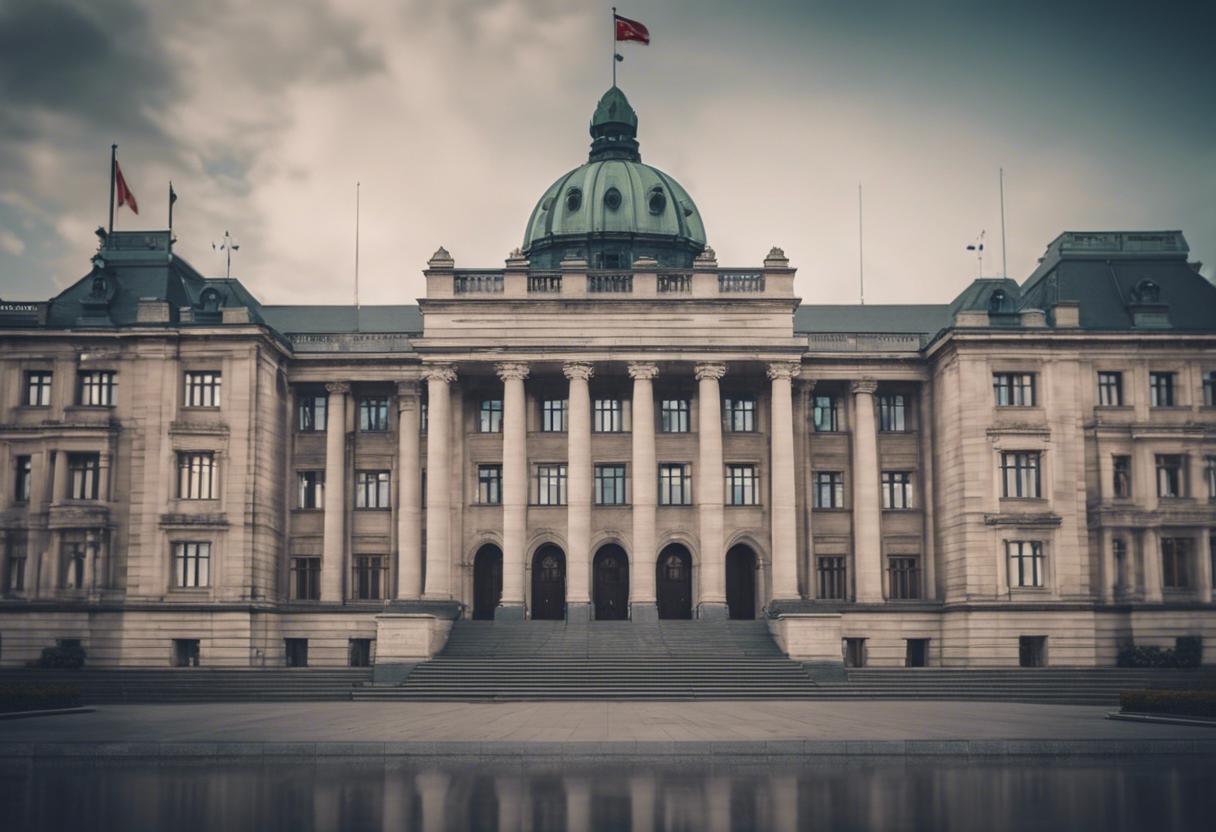Over the following three decades, the number of Teachtaí Dála (TDs) in the Dáil could increase to 240 if current population growth projections hold true, the house has been informed. Independent TD Noel Grealish mooted the idea of a cap on the number of Lower House politicians, suggesting that a public vote be held on the issue.
In response, Minister for Public Expenditure Paschal Donohoe highlighted the Electoral Commission’s interest in sparking a nationwide discussion on the topic. He also expressed satisfaction with the existing system, saying it generally operates well. He did note that the prediction of two extra TDs annually seemed plausible according to the population size estimates shared by Mr Grealish.
According to current constitutional provisions, each TD represents approximately 30,000 constituents. The number of Deputies post the upcoming general election will reflect the population growth, increasing the existing 166 seats to 178. Changing this representation ratio would require a referendum.
Mr Grealish suggested that with the population predicted to exceed seven million by 2057, the number of TDs could nearly reach 240. He didn’t recommend a specific cap but proposed referring the issue to the Electoral Commission and holding a public vote on it.
He highlighted logistical limitations of the existing Dáil chamber and the significant cost implications of upgrading to accommodate an increased number of TDs and support staff. Notably, he cited Senator Michael McDowell’s remarks that if the UK House of Commons utilised similar criteria to Ireland, their current 650 MPs would surge to 2,400.
The Member of Parliament for Galway West indicated that the number of seats in the UK parliament has stayed the same for about 50 years. He highlighted that “The UK’s proportion of members of parliament to the populace is still higher than in Spain, Germany, France, and the Netherlands.”
In 2020, a public vote in Italy resulted in a decrease in the parliament members from both houses, with 70% of the participants supporting the cutback, according to Mr Grealish. He suggested that if a referendum was held, a similar outcome might well be seen in Ireland.
He conceded that the failure of the two referendums earlier in the year was due to a lack of thorough planning and obstacles in delivering clear communication. However, he stated that aligning Ireland with international parliaments could be a matter for the commission to reflect upon, providing an opportunity for the Irish people to make a decision.
Minister Donohoe expressed that while he didn’t wish for infinite expansion, he did sincerely believe that the current amount of representation in Ireland is functioning effectively, and he would be adverse to any abrupt alterations.
The minister mentioned that the Electoral Commission has already expressed a readiness to think about this issue and they are interested in starting a nationwide discussion regarding this matter.
With the rise in population, Donohoe affirmed the need for more representation, and at the moment, he voiced his reluctance to put a limit on it.

